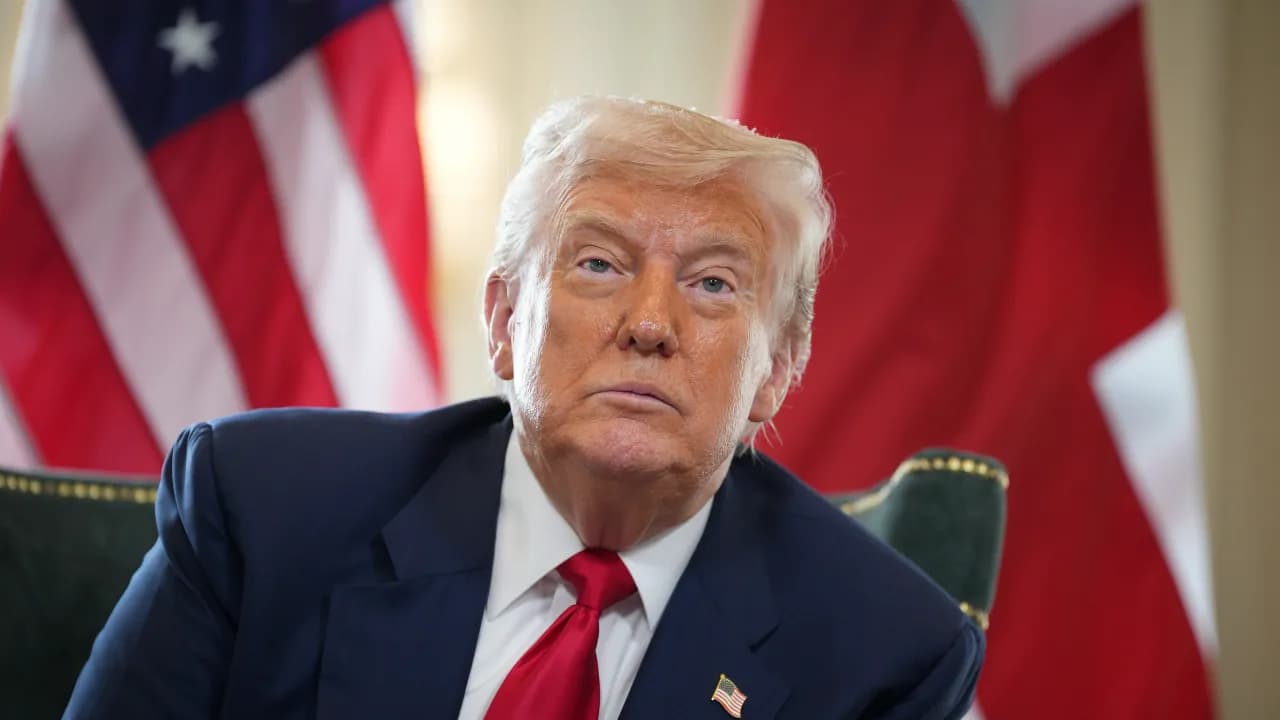Several drugmakers, including AstraZeneca and Eli Lilly, have already pledged major investments in U.S. manufacturing.
U.S. President Donald Trump on Tuesday said the U.S. would begin imposing a “small tariff” on pharmaceutical imports, with plans to raise it to 150% within 18 months and ultimately to 250%, in an effort to encourage drugmakers to manufacture domestically.
While he did not specify the initial rate, he said the increases would be implemented over time. “In one year, one and a half years maximum, it’s going to go to 150% and then it’s going to go to 250%,” Reuters reported, citing a CNBC interview.
The comments follow earlier threats from Trump in July, when he told a Cabinet meeting that tariffs on imported pharmaceuticals could rise as high as 200%, though implementation would be delayed by up to 18 months to allow companies time to relocate manufacturing to the U.S.
At the time, Commerce Secretary Howard Lutnick stated that final tariff details would be released after the completion of ongoing national security reviews on pharmaceuticals and semiconductors.
On Tuesday, Trump also said tariffs on semiconductors and chips will be announced in the “next week or so,” without providing further details. Both sectors remain under investigation as part of a Section 232 national security probe launched in April.
Several major pharmaceutical companies have already responded to the tariff push with investment pledges in the U.S. AstraZeneca recently committed $50 billion to expand its American footprint, while Eli Lilly, Johnson & Johnson, and AbbVie have also ramped up domestic operations.
Industry groups, however, have pushed back. In July, PhRMA, the sector’s main lobbying group, reiterated its opposition to the tariff plan.
“Every dollar spent on tariffs is a dollar that cannot be invested in American manufacturing or the development of future treatments and cures,” said Alex Schriver, PhRMA’s senior vice president of public affairs. He called the policy “counterproductive,” citing long-standing exemptions for medicines due to risks of shortages and cost inflation.
Under a current framework agreement between the U.S. and the EU, tariffs on pharmaceuticals and semiconductors are set at zero; however, any hikes following an import investigation would be capped at 15%.
On Stocktwits, retail sentiment toward the Health Care Select Sector SPDR Fund (XLV) was ‘bullish’ with ‘high’ message volume, while sentiment for the iShares Global Healthcare ETF (IXJ) was ‘neutral’ amid ‘low’ message volume.
While XLV has declined 3.7% so far this year, IXJ fell 1.9% over the same period.
For updates and corrections, email newsroom[at]stocktwits[dot]com.<
